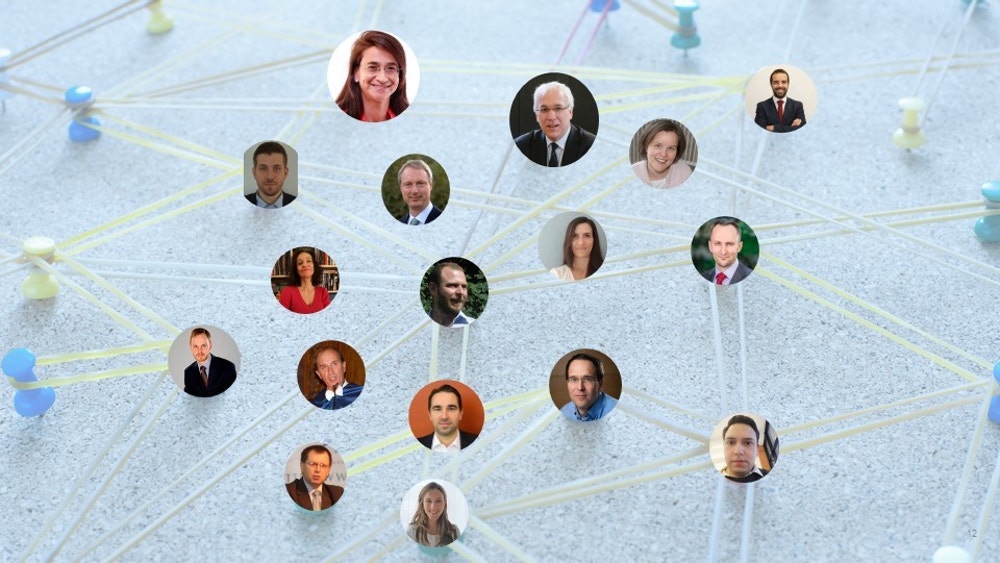
Una Europa Interview - Dialogues Between Policymakers and Academia
Maria, could you give as an introduction into 'Dialogues between policy-makers and academia'. What is this all about?
We are talking about an initiative that was among the first projects seed-funded by Una Europa in 2020. Academics from all eight Una Europa partners active in the field of global governance research got together to take the first steps in creating a full-fledged interdisciplinary Research Group on Global Governance, aiming at developing Policy-oriented research.
You are speaking about Global Governance, but we are looking at 8 European players. How do you bring in the global dimension?
We mainly focus on topics that have a people-centered approach with a broad scope. In other words, we work on topics that, somehow, affect "many people". We want to think "big" and provide policy-relevant research to try to facilitate political decision-making. For example, from the Facultad de Estudios Estadísticos (UCM), we have recently provided advice to the Spanish Ministry of Industry, Trade and Tourism on the impact of Brexit on the Spanish economy.
We also look beyond Europe in some respects. For example, I should mention that from the project's inception onwards, Real Colegio Complutense at Harvard (RCC) has also been involved in the project. Universidad Complutense is associated to Harvard University through this center and RCC has a bridge building function in academic, scientific, and cultural cooperation. We want to create a competitive network that is able to win public tenders, European (and non-European) projects and, above all, to contribute to offer applied research for policy-oriented solutions.
As a first catalyst, you have set up a prize. Who is this for and how does it work?
PhD Students and more senior researchers from Una Europa universities are eligible for the Una Europa Competition on the Global Governance Research Award. We want to know more about the global governance research conducted in the universities of this Alliance and the competition is a very useful tool in this endeavour. The initial phase of the competition consists of the development of an abstract. From all the proposals, our selection committee will select the five best abstracts, which must be defended at the 2-day seminar taking place at Universidad Complutense in Madrid (Spain) in May 2021. The final phase will consist of writing a fully-fledged paper.
What does the prize offer to participants?
It is a cash prize given to the best and second-best research papers: first place (1.500 €) and second place (750 €). Beyond the financial benefit, participating researchers will gain access to our growing network of academics, including participation in the concluding, 2-day seminar with relevant policy makers. In that seminar, policy-makers from different institutions, such as the Chief Economist of the World Trade Organization, will tell us which research areas are a priority for them.*
How to get involved?
Interested researchers are invited to submit a draft abstract of maximum three pages by 26 February. We have summarized the essential information in a one pager.
What does this initiative mean to you personally? What excites you about it?
There is a lot of talent and experience in the Una Europa universities. I would like to thank the pioneering colleagues who have seen the potential of our initiative, of joining forces to create a strong global and multidisciplinary research group that wants to conduct applied research for the service of society. I also would like to invite others to join. We want to unleash European talent to promote Europe's role in the world.

